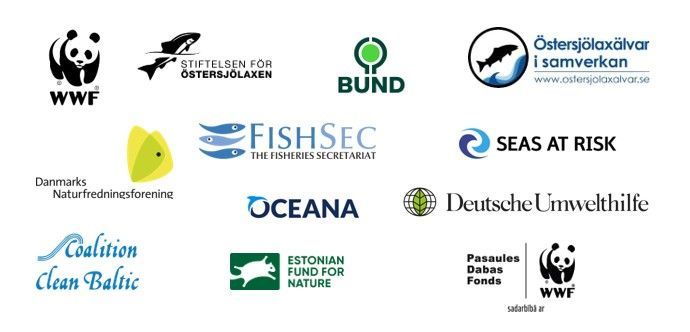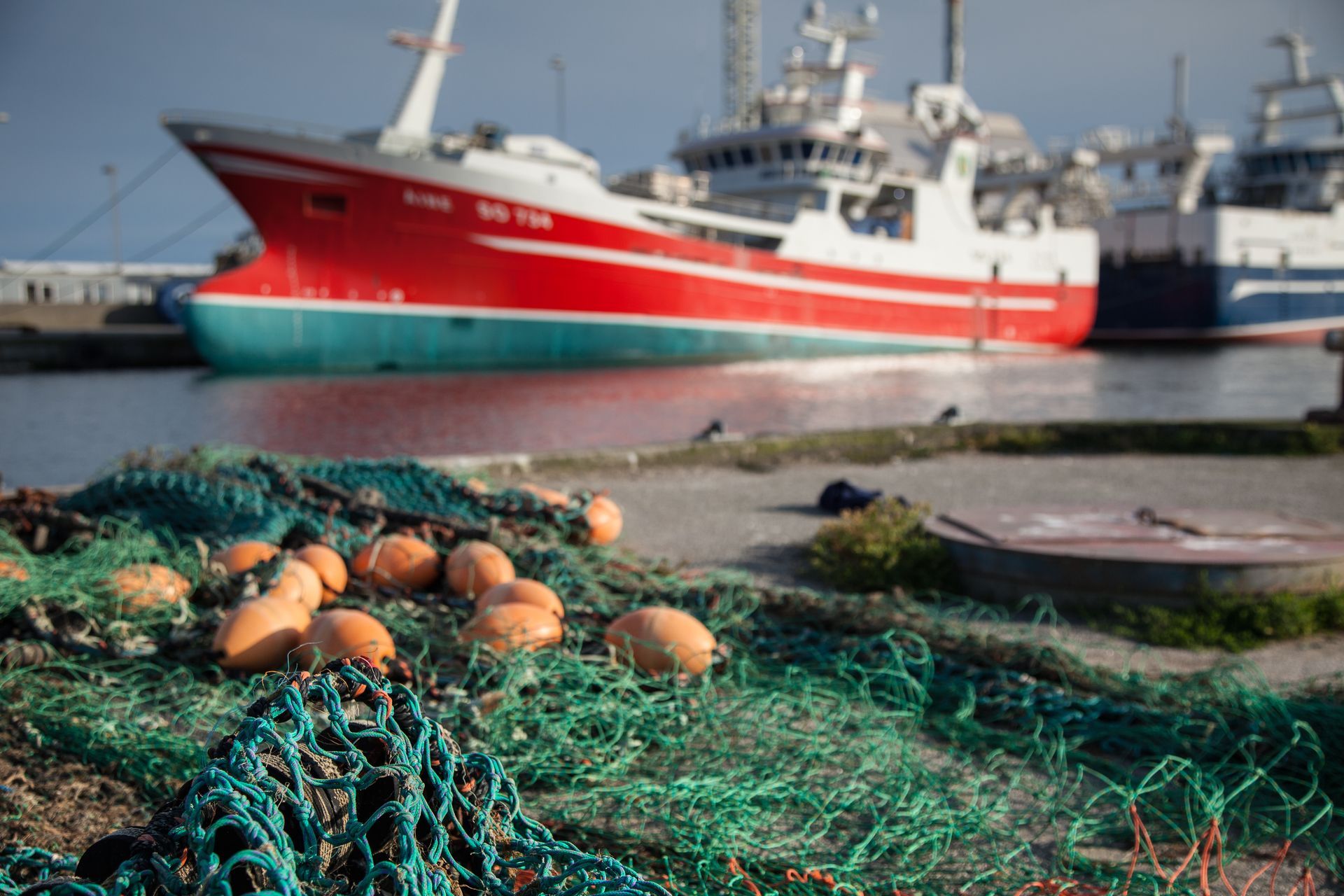News
CCB news about environmental issues, solutions, campaigns, projects & programmes in the field.

In 2022, amid the devastation caused by Russia’s full-scale invasion of Ukraine, a small but meaningful crowdfunding initiative - #ASeedForReblooming - was launched to support landscape architect Nina Radchenko . Today, that initiative has evolved into a powerful contribution to urban sustainability and community resilience in Lviv.

The EU Fisheries Council have agreed to a roll-over of current eel fishing closures in EU waters to protect the 2026/2027 eel migrations. Regrettably the well-intentioned provision now contains so many derogations that the measure is not effective. The ban on recreational eel fishing in EU waters remain. In the Mediterranean region, measures apply in all waters, including freshwater, in line with the GFCM Recommendation [1] on eel.
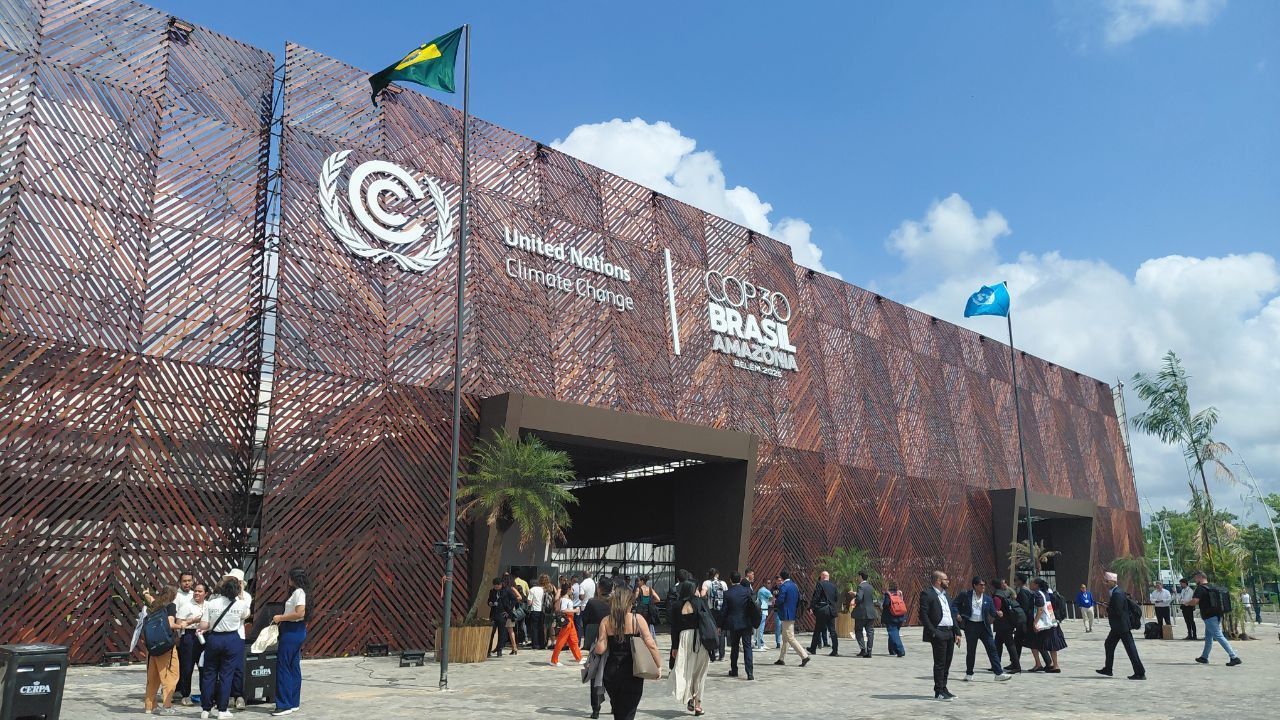
In Belém, in the heart of the Amazon, the 2025 UN Climate Change Conference COP30 immediately set the bar high. In his opening speech, Brazilian President Lula da Silva stressed that climate change is no longer a "threat to the future", but a tragedy that the world is already experiencing here and now, and called on countries to accelerate actions rather than limit themselves to promises. However, as is often the case in COP meetings, the political reality turned out to be more complicated than ambitions. Negotiations were difficult: the countries could not agree on a clear and binding plan to phase out fossil fuels. It is important to note that the Global Action Plan has provided a platform for discussing the development of a roadmap for phasing out fossil fuels, the main driver of climate change. At the same time, COP30 has brought tangible progress in other areas: the countries agreed to triple the amount of adaptation funding for developing countries by 2035, strengthened the forest and ocean agenda, and expanded the range of practical initiatives under the Action Agenda . COP30 consolidated the trend: from "water at the center of the climate crisis" to a holistic ocean agenda closely related to energy, food, biodiversity and sustainable coastal development. From the COP29 Water Declaration to the COP30 Enhanced Ocean Water Program At COP29 in Baku, the Declaration on Water for Climate Action was adopted , with the aim to applying comprehensive approaches to combating the causes and consequences of climate change for water basins, emphasizing also the need to integrate water-related mitigation and adaptation measures into national climate policies, including Nationally Determined Contributions (NDCs) and National Adaptation Plans (NAPs). COP30 did not reverse this logic, but expanded it towards the ocean and coasts. Both processes "aquatic" and "oceanic" are moving in the same direction: integration of water, coasts and ocean into the climate plans of countries; development of nature-based solutions; strengthening transboundary management of water and marine systems; recognizing adaptation as an equal part of climate policy, rather than an "adjunct" to emissions reduction. Task Force on Oceans and the Blue NDC Challenge The international Task Force on Oceans , led by Brazil and France, was officially presented at the high-level ministerial meeting "From Ambition to Implementation: Delivering on Ocean Commitments" on 18 November, integrating oceans into a global mechanism to accelerate the incorporation of marine solutions into national climate plans. The Blue Nationally Determined Contributions (NDC) Challenge encourages countries to set ocean protection targets when updating their NDCs. The goal is to transition the Blue NDC Challenge into an Implementation Task Force. Members of the Blue NDC Challenge, currently 17 countries, can adopt a broad set of actions aimed at the protection and sustainable use of the oceans.These measures include the sustainable management, conservation, and restoration of coastal and marine ecosystems, supported by tools such as marine spatial planning, integrated coastal zone management, and climate-aligned marine protected areas. Countries are also encouraged to support sustainable and climate-resilient fishing and aquaculture, ensuring ocean health and long-term food security. B razil has set a clear example: its updated NDC includes a separate chapter on the ocean and coastal zones. For the first time, the national climate plan (Plano Clima) until 2035 includes a thematic adaptation plan for these areas. Priorities include the completion of national Maritime Spatial Planning (MSP) by 2030 and major programs for the conservation and restoration of mangroves and coral reefs (ProManguezal, ProCoral).

Leading scientists, consumer advocates and policymakers gathered on November, 18th in Brussels for the conference "From Evidence to Policy: Toward a Tox free Living Environment" . They warned that exposure to Endocrine Disrupting Chemicals in homes and consumer products represents a silent but severe public health and economic crisis. New findings presented to over 65 participants by the EU Baltic Sea Interreg project NonHazCity3 , LIFE ChemBee and the ToxFree LIFE for All projects as well as revealed widespread contamination of European households by complex chemical mixtures of hormone system disrupting substances (so called endocrine disrupters – EDCs) that contribute to chronic disease and impose enormous health costs. According to the key note speaker Dr. Aleksandra Rutkowska, the home environment is a significant source of exposure to EDCs through indoor air, dust and daily contact with common products. Current research links such exposure to a shocking amount of lifestyle diseases including 22 cancer outcomes, 18 metabolic disorder outcomes and 17 cardiovascular disease outcomes. Scientists also stressed that the crisis spans generations. EDCs trigger epigenetic changes that not only affect today’s population but also future children and even grandchildren. Other effects include reproduction disorders. Over the last decade, 150 million babies were born preterm, and evidence shows that reducing the use of plastics by half could cut the risk of preterm birth by half as well.

Widespread exploitation of the critically endangered European eel population continues against scientific advice, despite few signs of recovery. Yesterday, the International Exploration of the Sea, ICES, published its scientific advice on fishing opportunities and conservation for European eel for 2026. As in previous years, ICES advises zero catch for all life stages, all uses and in all habitats. The conservation advice is to reduce other human-related mortalities to zero and restore habitats.
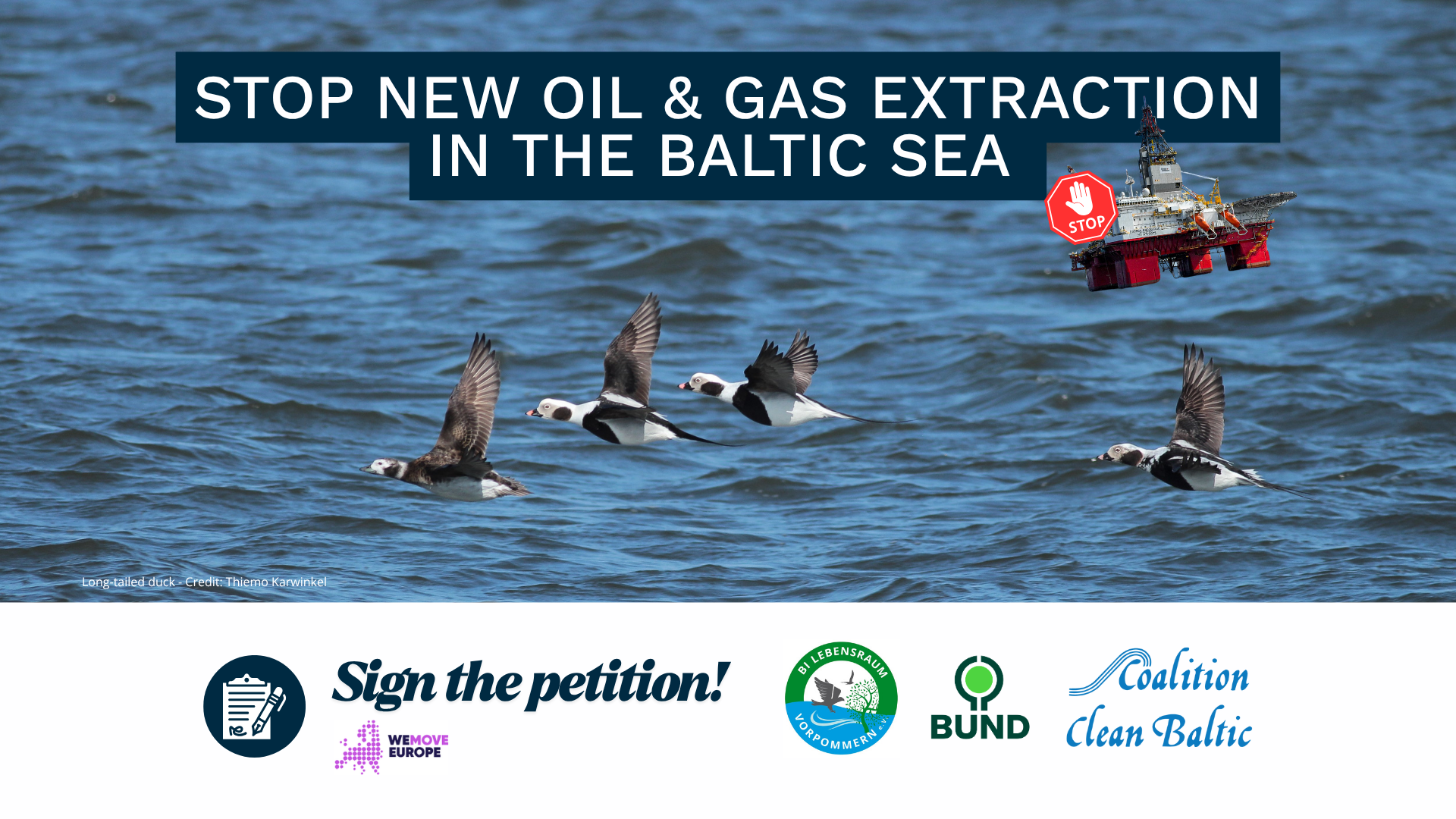
3 October 2025 - Coalition Clean Baltic, together with its Member Organization BUND - Friends of the Earth Germany and the citizens’ initiative “ Lebensraum Vorpommern ”, have launched a petition to stop new oil and gas drilling projects in the Baltic Sea . The petition comes in response to plans to exploit a deposit just 6 km offshore Świnoujście , Poland, in the transboundary waters of the Oder Estuary and Pomeranian Bay. The planned site lies at the heart of NATURA 2000 protected areas , which are vital for biodiversity, climate action, and local communities. Oil and gas extraction in the Baltic Sea poses severe threats to its fragile ecosystems. Industrial activities such as drilling, pipeline construction, and ship traffic risk polluting the water with chemicals, oil leaks, and toxic waste. Underwater noise from pile driving and increased traffic would further degrade marine habitats. These pressures add to the already critical challenges faced by the Baltic Sea, including biodiversity loss, eutrophication, and the accelerating impacts of climate change. The consequences extend far beyond nature. Local communities rely on a clean and healthy Baltic for tourism, fishing, and quality of life. Expanding fossil fuel infrastructure would also undermine Europe’s climate commitments and lock in carbon emissions for decades to come. The petition calls on the Ministry of Climate and Environment of Poland, the Helsinki Commission (HELCOM), the European Commission, and the Secretariat of the Espoo Convention to : Stop the plans for oil and gas extraction in the Oder Estuary and the Pomeranian Bay; Ban any new oil and gas extraction across the Baltic Sea; Ensure strong cross-border cooperation and communication amongst all involved states. The petition is open through the WeMove Europe´s platform and can be signed here .
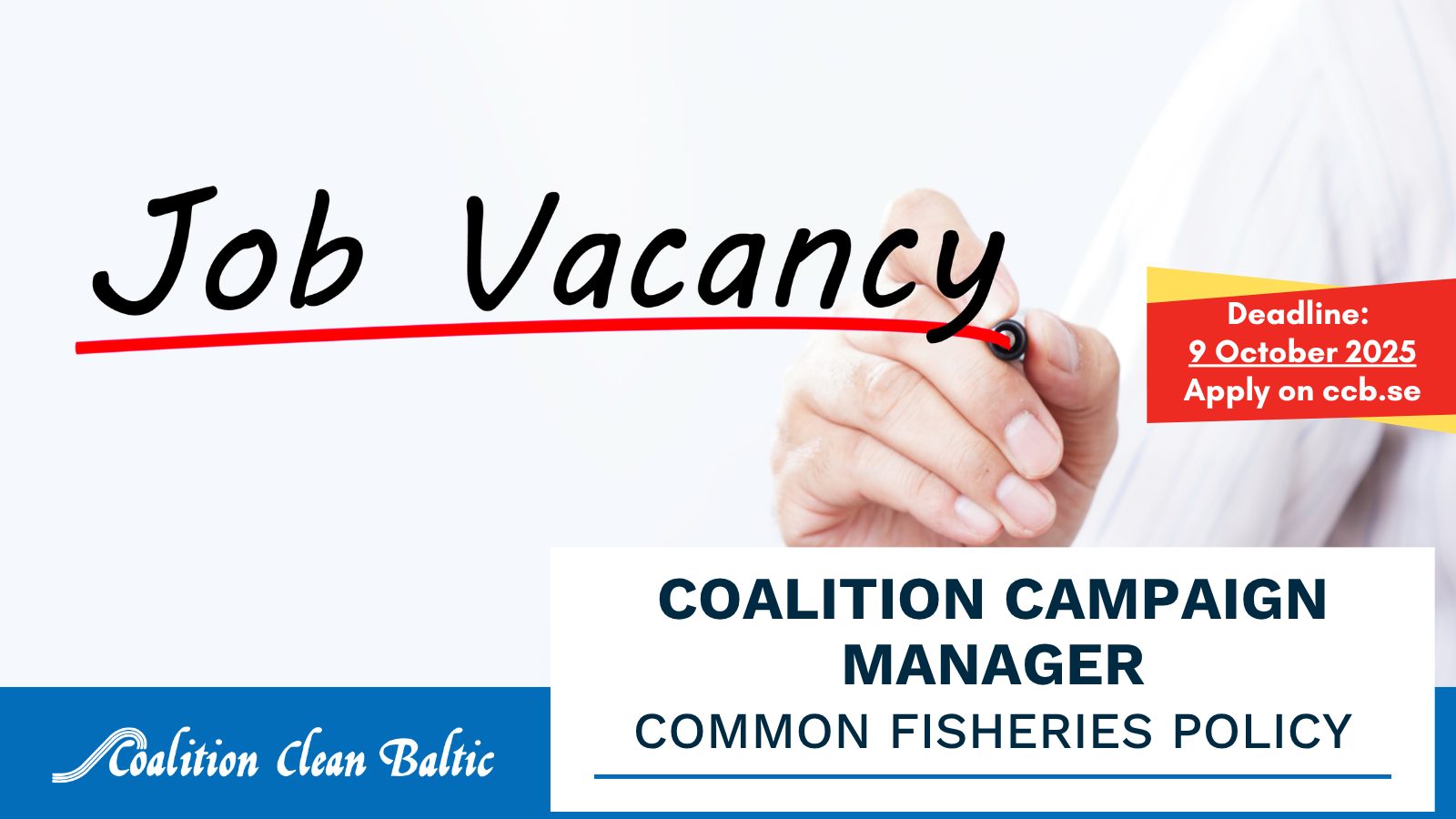
Job Title: Coalition Campaign Manager - Common Fisheries Policy Position type : Full-time consultancy contract. Open to part-time arrangements initially if needed. Contract duration: Short-term contract until end of March 2026, with possibility of extension subject to funding availability Reports to: Steering Committee Location : Flexible(remote/home office) with regular travel. Working in Brussels is of advantage. Starting date : ASAP In close cooperation with the Steering Group of the coalition, lead, plan, coordinate, and support the campaign of an NGO network working together towards the implementation of the EU Common Fisheries Policy (CFP) and the evaluation thereof. The campaign manager's responsibility is to develop and ensure the successful and timely delivery of political advocacy and public engagement activities of the campaign, both at EU and Member State level. Job description Strategy & Planning Develop and implement short-, and long-term campaign strategies aligned with coalition objectives, in close cooperation with the Steering Group. Set clear goals, timelines, and performance indicators for the campaign and ensure timely delivery thereof. Analyse policy development, political climate, media and public opinion, and stakeholder landscapes to inform tactics. Campaign Delivery Manage day-to-day execution of the campaign activities at Brussels and Member State level. Coordinate coalition partners and ensure communication between Steering Group and coalition members, as well as relevant groups/coalitions/experts and other stakeholders outside the coalition. Advise coalition members on strategic delivery of advocacy activities at all levels, including Member State level. Join Steering Group meetings in an advisory capacity. Report back to the Steering Group on the delivery of the campaign's activities, meeting of targets and milestones, and report back on activities, budget and impact. Advocacy & Stakeholder Engagement Build and maintain relationships with policymakers, key stakeholders, and allies to support campaign aims. Analyse opportunities of engagement, advise on policy language. Organise/coordinate/prepare and support relevant activities, including events, briefings, and advocacy activities in close cooperation with coalition members. Ensure relevant knowledge management and information flow within the coalition and across partner organisations. Liaise with communication experts on message framing, strategy and timelines. Management Support CCB administrative and finance staff managing grants to coalition partners. Ensure coalition partners receive information and materials that enable them to effectively contribute to achieving campaign goals (political information, policy briefings, templates, policy language, opportunity analyses). Support fundraising efforts as needed/requested by the Steering Group. Lead on funders narrative reporting. Qualifications & Skills required The consultant must be legally authorised to provide services and work as a consultant within the EU, based in an EU Member State. Fisheries and ocean expertise (preferred), or other environmental background. Degree (or equivalent experience) in communications/campaign management, political science, resource management, fisheries, or related field. Proven track record in designing and delivering successful advocacy or public campaigns at EU or Member State levels involving a larger coalition. Strong understanding of political processes at EU level and Member State levels, media landscapes, and public engagement. Excellent project management and organisational skills. Skilled communicator and coordinator, able to craft persuasive messages and engage a larger network into a common goal within tight deadlines. Ability to work under pressure, meet deadlines, and adapt to rapidly changing circumstances. Fluency in English is required; additional EU languages are a plus. Application Should you be interested in applying for this assignment, please send your CV (max. 2 pages) together with a personal letter (max. 1 page) before 9 October 2025 , COB, to secretariat@ccb.se Please include your consultancy rate in your application inclusive VAT (if applicable). Applications should be submitted in English. Incomplete applications (e.g. lacking either CV or personal letter) will not be considered . Any inquiries related to this assignment should be forwarded to the above email or to CCB Executive Secretary Mikhail Durkin at mikhail.durkin@ccb.se and +46 739 770 793. In the application and hiring process, CCB will not discriminate against any individual based on race, colour, sex, language, religion, national or social origin, property, disability, age, family status, sexual orientation and gender identity, economic and social situation. .
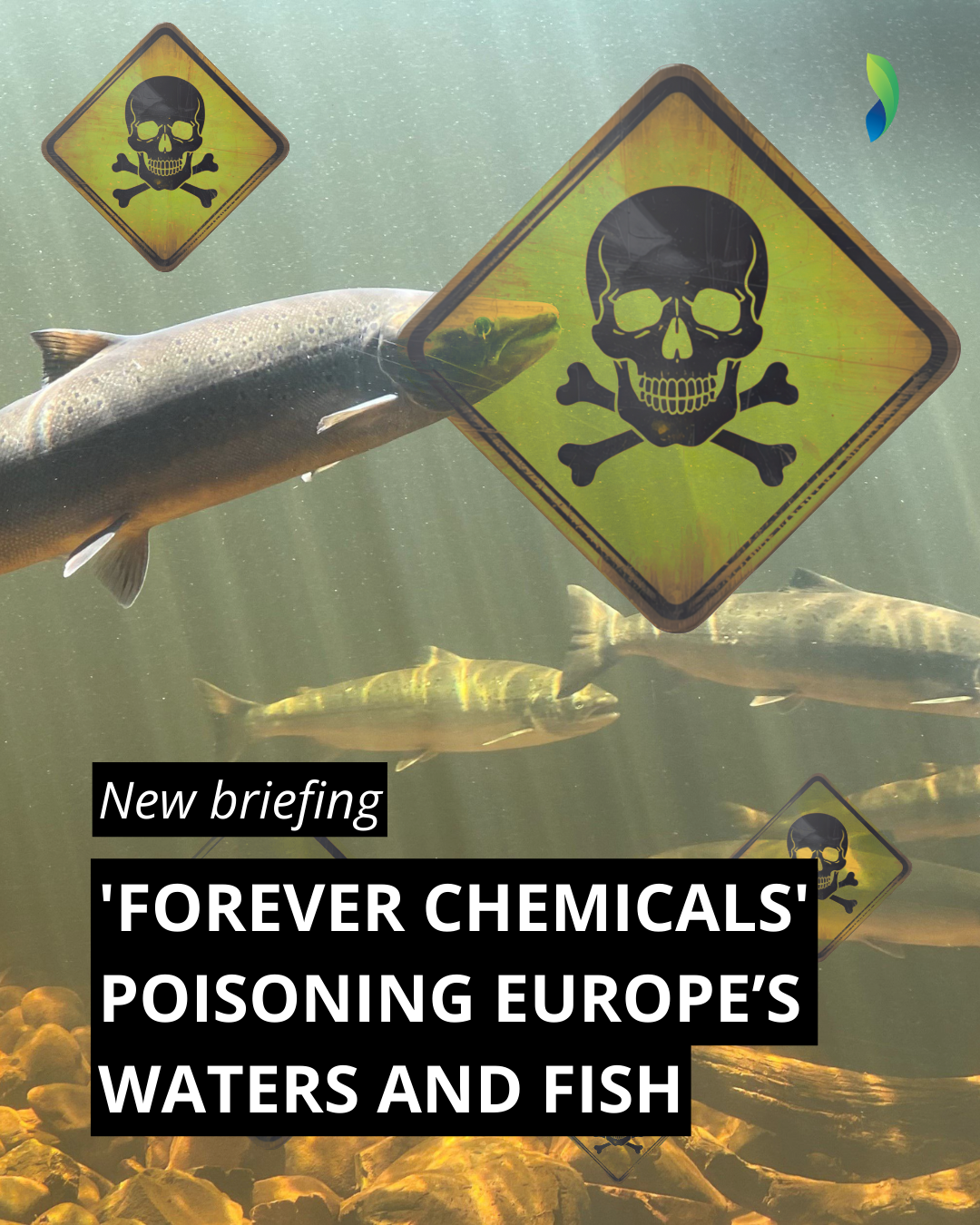
A new report from the European Environmental Bureau (EEB) and its member organisations reveals widespread PFAS contamination in wild fish across Europe, with many samples far exceeding proposed new safety limits. These so-called "forever chemicals" pose a growing threat to public health and aquatic ecosystems - yet EU Member States are pushing to delay action on needed pollution controls until 2039.
